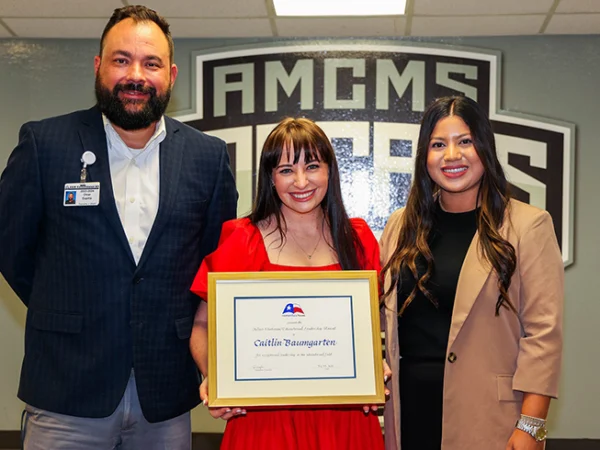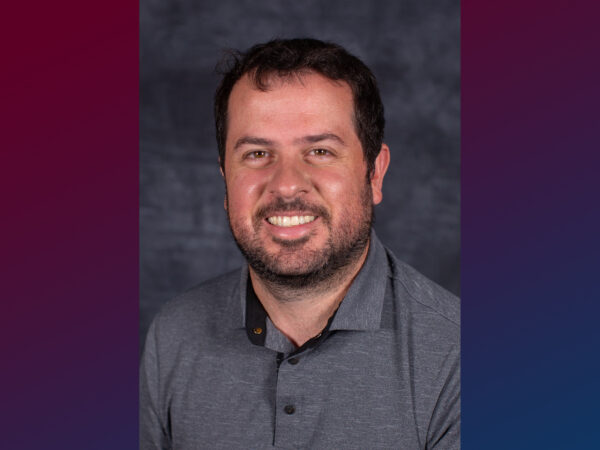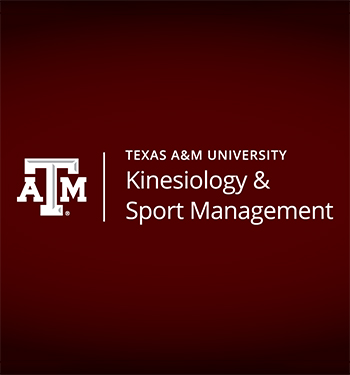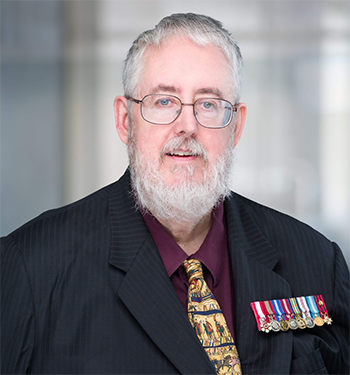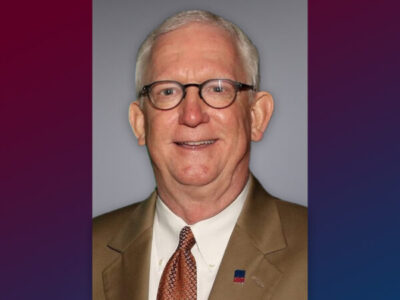Texas A&M HR Expert Creates Best Practices For Wholesale Industry
Dr. Jia Wang, professor of human resource development, partnered with Texas A&M’s industrial distribution program to develop best HR practices for wholesale distributors.
“We initiated the study in response to the industry needs,” Wang said.
She and her team spent two years working with 18 wholesale distribution companies in the U.S. assessing their current human capital development practices. Afterwards she provided individualized assessment reports and suggested strategies for optimizing employee development practices.
“Wholesale distributors are facing serious HR challenges in digital times,” Wang said. “Think about e-commerce, it has completely changed the way companies are doing business.”
She said because of the rise of e-commerce, there are higher customer service expectations. The way to increase customer experiences is to develop their employees by innovating their HR development practices.
“In the distribution industry, historically, the focus is on sales because it is the core of the industry,” Wang said.
This can make company employees feel like they are just parts of a machine.
“How do we engage people, maximize their potential and optimize their performance, while making them feel appreciated and cared about?” Wang questioned.
By increasing the focus on finding better approaches to train, develop and motivate employees, her research has the power to help distribution companies achieve business success through human capital.
TOP CHALLENGES IN TALENT DEVELOPMENT
The first challenge Wang found was that most companies do not have a systematic method of projecting talent needs. Most companies are projecting hiring needs based off estimation.
“We found most companies do not have a systematic process of projecting the needs of labor, for the next five years down the road,” Wang said.
The effectiveness of employee training was also questionable as it was not measured for return on investment (ROI). Most distribution companies either do not invest time to calculate the impact, or do not have the knowledge and skills to do so.
“A lot of companies do not measure the return on their people investment and that is why we spend millions of dollars on professional development every year, but we still do not see much of a change in terms of performance and output,” Wang said.
The next challenge in talent development is the lack of competent managerial resources. She said in her study companies expressed frustration that their mid-level managers lack strategic critical thinking, or ability to coach subordinates.
She said this is because promotion was often based on technical skills. “Many companies have no formalized programs in place to onboard their high-potential employees for the managerial roles,” Wang said. “Just because you are a star salesperson does not mean you will automatically become a great sales manager.”
Wang recommended companies she worked with develop managerial onboarding programs to equip future managers with the people management skills necessary for success in leadership positions.
She also found that many distribution companies did not have well-developed succession plans. Her team found, that when companies do not plan ahead for each critical position, it can cost the company an average of $25,000 to replace an entry-level position.
The final challenge that distribution companies are facing today is working with many generations, like Generation Y and baby boomers, in one space.
“How do we leverage the differences between generations to promote creativity, instead of saying ‘this is the trophy generation,” Wang said. “They have creative thinking and want to be part of the team. How do we work with them?”
Wang covered all of these challenges and possible solutions in her recently published book, “Optimizing Human Capital Development”.
While this research-based and industry-focused guidebook is written for companies in wholesale distribution, the human resource development principles and strategies included in the book apply to all organizations that desire to make people their most competitive advantage.
About the Writer
Heather is responsible for news coverage in the Department of Health and Kinesiology, as well as the Department of Educational Administration and Human Resource Development.
Articles by HeatherFor media inquiries, contact our Media Relations Coordinator, Ashley Green
Fundraising
To learn more about how you can assist in fundraising, contact Amy Hurley, Director of Development ahurley@txamfoundation.com or 979-847-9455




